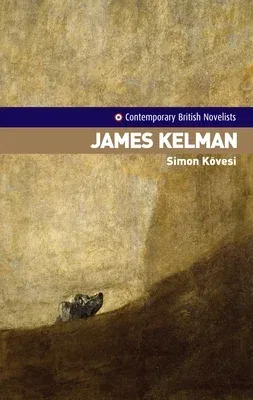Simon Kovesi
(Author)James KelmanPaperback, 1 December 2007

Qty
1
Turbo
Ships in 2 - 3 days
In Stock
Free Delivery
Cash on Delivery
15 Days
Free Returns
Secure Checkout

Part of Series
Contemporary British Novelists
Part of Series
Contemporary British Novelists (Paperback)
Part of Series
Contemporary British Novelists Mup
Print Length
224 pages
Language
English
Publisher
Manchester University Press
Date Published
1 Dec 2007
ISBN-10
071907097X
ISBN-13
9780719070976
Description
Product Details
Author:
Book Format:
Paperback
Country of Origin:
GB
Date Published:
1 December 2007
Dimensions:
24.13 x
16.59 x
1.73 cm
Genre:
British
ISBN-10:
071907097X
ISBN-13:
9780719070976
Language:
English
Location:
Manchester
Pages:
224
Publisher:
Series:
Weight:
290.3 gm